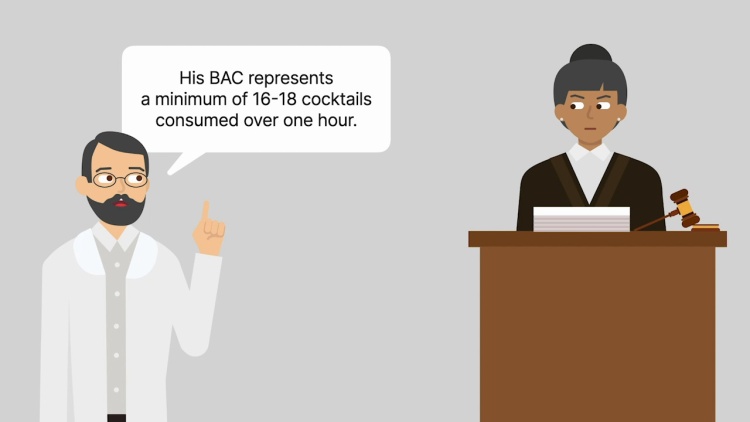Otis Engineering Corp. v. Clark
Texas Supreme Court
668 S.W.2d 307 (1983)
- Written by Abby Roughton, JD
Facts
Robert Matheson, an employee of Otis Engineering Corporation (Otis) (defendant), was frequently intoxicated during work hours. Matheson’s regular inebriation at work was well known by Matheson’s supervisor, Donald Roy, and Matheson’s co-workers. One day, Roy escorted Matheson to his vehicle after several co-workers reported that Matheson was clearly too intoxicated to work. Roy observed Matheson’s condition and asked whether Matheson could drive home safely. Matheson responded affirmatively and drove away from Otis. While en route to his home, Matheson’s vehicle struck a vehicle occupied by the wives of Larry Clark and Clifford Clark (the Clarks) (plaintiffs). The two women died in the crash. The Clarks filed a wrongful-death action against Otis seeking damages. At trial, the medical examiner testified that Matheson’s blood alcohol content was .268%. The medical examiner further stated that anyone who encountered Matheson would have concluded that Matheson was very intoxicated. The Clarks argued that by sending Matheson home with knowledge that he was very intoxicated, Otis committed negligence. Further, the Clarks argued that Otis could have kept Matheson at the work site, sent Matheson to the nurses’ station on the premises, telephoned for a taxi to take him to his home, or called Matheson’s wife to have her pick him up. The trial court granted summary judgment to Otis. The Clarks appealed. The court of appeals reversed and remanded the matter to the trial court for a trial. The Supreme Court of Texas granted certiorari to review.
Rule of Law
Issue
Holding and Reasoning (Kilgarlin, J.)
What to do next…
Here's why 907,000 law students have relied on our case briefs:
- Written by law professors and practitioners, not other law students. 47,100 briefs, keyed to 996 casebooks. Top-notch customer support.
- The right amount of information, includes the facts, issues, rule of law, holding and reasoning, and any concurrences and dissents.
- Access in your classes, works on your mobile and tablet. Massive library of related video lessons and high quality multiple-choice questions.
- Easy to use, uniform format for every case brief. Written in plain English, not in legalese. Our briefs summarize and simplify; they don’t just repeat the court’s language.






